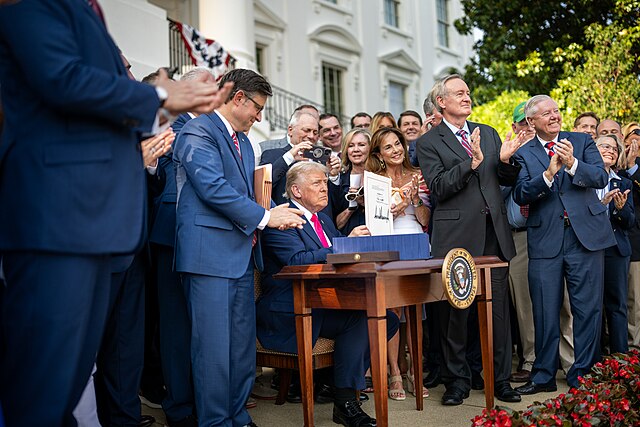Tax Changes in "Big Beautiful Bill" Spark Concern Among Bettors

On July 4th, 47th president Donald J. Trump signed the "Big Beautiful Bill" into law for the United States. While the impact of the bill touches many facets of life, it also has the potential to significantly affect the Thoroughbred racing industry and the broader betting industry as a whole.
The bill, which was passed in the Senate on July 1st, makes 100% bonus depreciation permanent for horse owners and breeders. That’s a huge win for the backside of the industry, where trainers, farms, and syndicates can now write off major capital investments immediately.
But the flip side is more troubling for bettors, and it’s why many view this legislation as a net negative for the industry. Starting in 2026, gamblers will only be allowed to deduct 90% of their wagering losses on federal taxes. That means someone who wins $100,000 and loses $100,000 will still be taxed on $10,000 of phantom income, despite actually breaking even.
Industry figures have expressed concern. NTRA president Tom Rooney warned the change could shrink total wagering handle and drive professional players out of the game. “You can’t have liquidity in the pools without sharp money,” he told The Blood-Horse. “This is going to have unintended consequences.”
Pro bettor and former poker pro Phil Galfond echoed the concern on X, saying “Taxing people on imaginary income is the surest way to kill off high-volume gambling.” Other analysts believe the move could push more players offshore, where tax burdens are often lower.
Casual players may not feel the pinch, since most don't itemize deductions or hit IRS thresholds. But for large syndicates, rebate players, and serious pros, the new rule could mean tens of thousands in added liability each year.
Some in Congress have hinted at possible amendments or rollback, but no changes have been formally proposed. The American Gaming Association has stated it will lobby for correction before the rule takes effect.
For now, the focus for bettors is awareness. This rule doesn’t kick in until the 2026 tax year, giving time for preparation—or advocacy.
